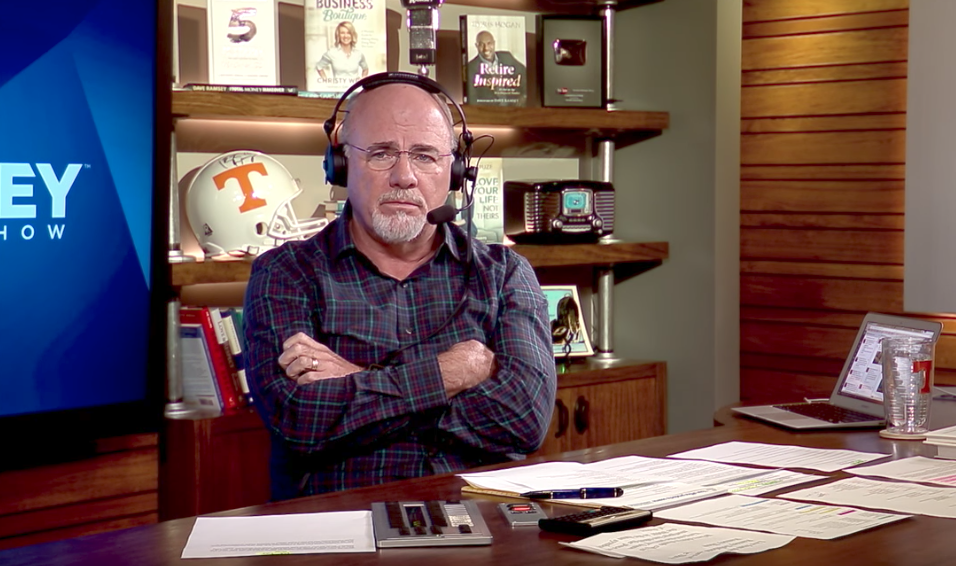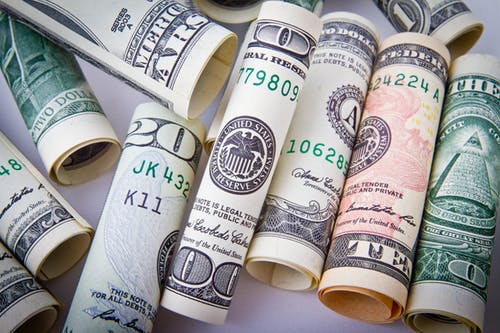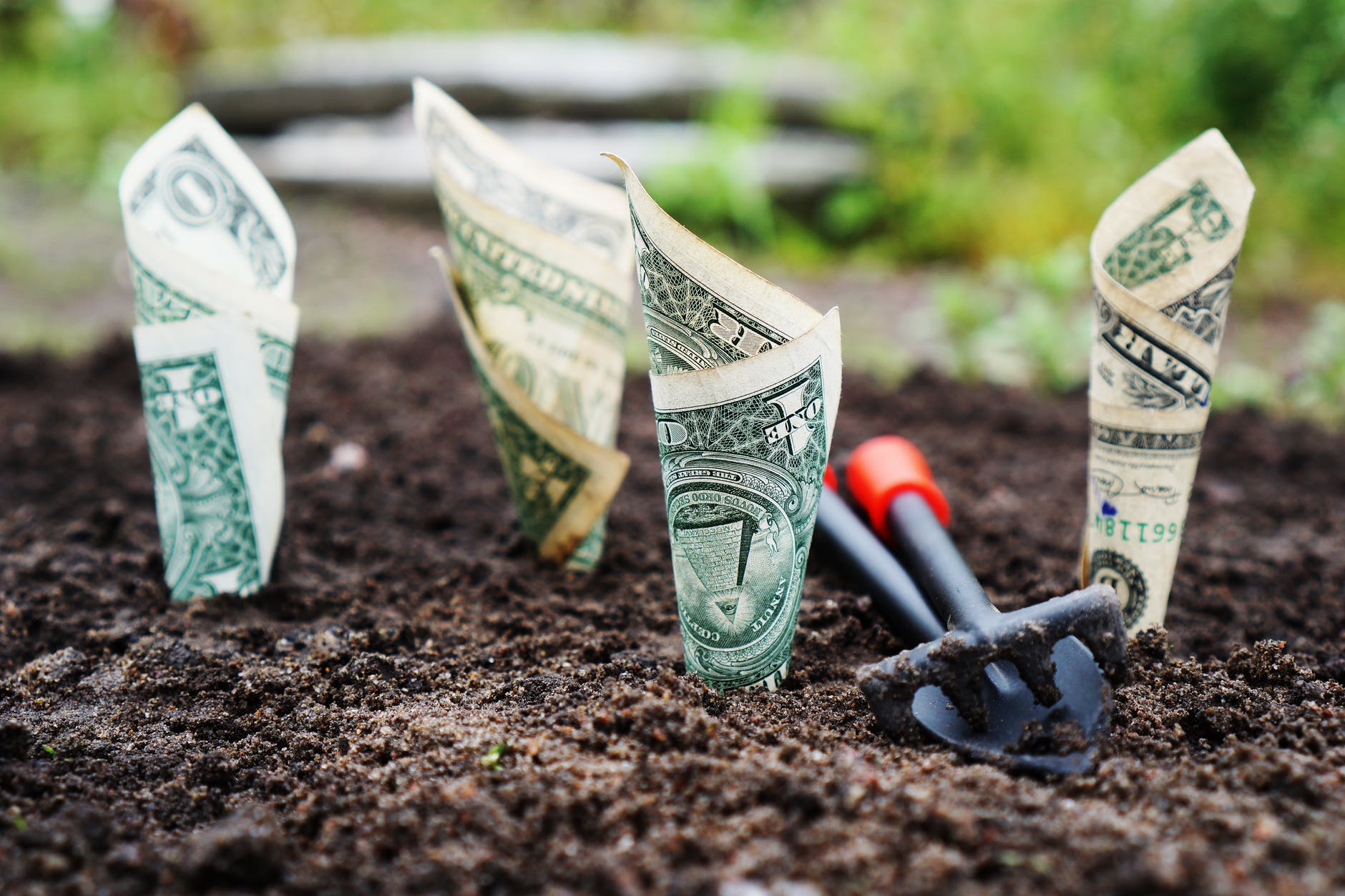Emergency Savings Funds and passive income
I absolutely believe that the first thing anyone should have as part of their financial strategy is liquid cash available for times of emergency. This has become more popular due to the Dave Ramsey preaching of the value of an emergency savings fund. But just how much is right, and what factors may influence the amount you need to have? We discuss this in light of a passive income strategy in this article.
Life happens. If you haven't had any massive adverse events in your life, just wait. They will happen. On average at least once every 10 years or so. What form they come in is completely random - health related, accidents, death in the family, loss of income, etc. No one wants them. No one celebrates them when they come. But they do come. If you haven't faced them yet, you haven't been around the block but they go hand in hand with the guarantees of life of death & taxes.
Whereas you could spend all of your time worrying for what might happen, the best way to put them out of your mind is to have a plan in place. You have to work out plans for as many of these as you can, but the one that can be easily planned for is the finance side of it. Some adverse events, such as the loss of a job, can be offset by having a large amount of savings in place. Things that cost a lot of money to resolve, such as fire, flood, car breaks down, need dental work, etc. may be able to be handled by insurance but just know that insurance companies don't get those massive skyscraper buildings in the middle of downtown because they just pay out claims all day. Their business model is to accept high premiums and pay out nothing. So prepare for a battle with them, and know that they have more lawyers than you do. That said, an emergency plan that only involves insurance is naive and you will be disappointed. It only takes one situation where they won't pay, and you could go from hero to zero instantly.
Let's talk about emergency savings plans
The idea of having some money stocked away for an emergency isn't new. We've been doing that for thousands of years. It only became more prominent in recent years due to the success and popularity of Dave Ramsey's teachings. As a strategy for getting out of debt that so high a percentage of American's face, Dave preaches that the first thing you need to have is an emergency savings fund. After that is stocked for the accident prone winter, you can then begin to pay down your debts.

So although followers of Mr. Ramsey are excited to begin their financial peace journey, the most boring part of this is saving for an emergency. It is far more exciting and fulfilling to pay off that credit card, or that car loan or that student loan. But saving.... well that is pretty boring, unless you have a purpose for the savings, and emergencies is pretty much as interesting as being excited to take your car in for its service.
The question really comes down to how much you should have. This is a variable that is tied to the level of risk that a person is willing to carry. Typically the younger you are, the more risk you can shoulder because you have plenty of years ahead of you to regroup if there is a problem. I mean if you have to declare bankruptcy, you can normally recover 10 years later from that. But to have 10 years of your financial building destroyed will hurt more towards the end of your working life than at the start. That said, you don't want any risk if you can avoid it.
Cashflow is the biggest killer of any dreams and enterprise you will have. Not having access to capital at a time when you need it will stifle growth and kill off the ability to pay regular expenses. You need money each month for your rent, your power bill, your health insurance, your car payment, etc. Fail to pay these on time and the assets will be seized and the policies cancelled. If your life has regular expenses like this, and you have followed our advice and measured your "burn rate" (the amount you need to earn each month just to pay those expenses) then you will know what your future obligations are. Remember, in the western world it is customary (although we advise against following these customs if you are smart) to sell your future out for current benefits. This means you sign a contract for 5 or so years to pay for the car you need today. That obligation means you are committing yourself to the loan payments, therefore the assumption you will be earning income over that time period. If anything happens that will disturb your income over that time, and we know statistically that it will, then you have to have a plan to get through that or you give up the car and have a bad credit reputation, making it impossible or extremely expensive to participate in the "have now, pay later" mantra of the western world.
So you know the rules. You signed that contract willingly. If you were the creditor and you loaned money to someone, you'd expect it paid back per your agreement. If the debtor fails to keep their part of the bargain, we call them a "deadbeat" and there are reputation systems out there that measure just how much of a deadbeat everyone is, and therefore whether you would loan them money again in the future. You are no different to a bank and whereas this all seems so clinical and distant from the personal life of all of us, the reality is that our costs of borrowing includes percentage points in the interest rate that covers the risk that the lender is facing and if you want to live in poverty, then you do everything you can to have a bad credit rating. This will affect your ability to get a place to live, participate in the banking system and maybe even get and keep a job. Reputation is everything and so it should be. You should live a life that strives to have a great reputation, be responsible and be a good business partner on any contract you decide to sign.
OK, that said, you need a plan when the SHTF (S$%*t hits the fan). Because it will. If you don't have a plan, then don't sign any financial obligation contract until you have that plan in place. The creditor has no interest in your problems. They just want the contract fulfilled per your agreement. They couldn't care less if you have been in hospital for 3 weeks, or a family member died, or you lost your job or whatever. Excuses. The buck stops on your desk. Suck it up, buttercup because you have to keep your part of the contract bargain or face the consequences.
If you have a wad of cash stashed away in a savings account, you can use it to get out of these life problems. The question is just how much do you need. You first need to know and monitor your burn rate, because that will determine what money you need each month just to break even, and then it comes down to how many months do you want to plan for in the case of an emergency.
How long will emergencies last?
We would hope they don't last long. Most cases they are short, but the effect can be long lasting. A car accident happens in seconds. The injury and recovery could take years. An illness might render you unable to work for the rest of your life, or just a week. The loss of a family member could take months for you to regain your emotional center (if at all) so that you can be of value in your job or your business. A fire that destroys your house may happen in a few hours, but the rebuilding will take months or years.
It would be reasonable to say that at a minimum you would want to have at least a month of burn rate on hand. But more likely having 3-6 months makes sense, particularly if the emergency is due to a loss of a job or income. It takes a while to get a new job, and this will change depending on the state of the economy where you are living. In the worst case, if you can't find work in your local region you may be forced to move to a place that has abundant employment or work opportunities. This means selling your house, downsizing, etc. so that you are nimble enough to be able to make the change. But if you want to avoid all of that, then have enough in your savings that will get you through that transition to the next income producing opportunity.
A lot of this comes down to how well marketed you are in the marketplace. And what skills you have. If you have skills that are in demand, you may never want to commit to a "job" because you want to be a free agent. By diversification in your customers, you can withstand one large one going away. When you have one job, you have one customer. If you lose that customer, you lose all income. It is that simple. That might be a risk you are willing to take, or it might be that you are towards the end of your working days and are planning on downsizing your income generation anyway. But you can see that the emergency savings plan is tied to the type of income that you generate and the risks that come with that type of income generation process.
The link between emergency savings and passive income
I'm hoping that as you think this through you start to realize that emergency preparation for income is tied to one thing - that YOU have to generate the income. This is the entire flaw of our western world. We use individual human labor as means to generate income, so that the entire reliance on income generation comes down to your ability and/or willingness to work. If you get sick, injured or can't work, your income stops. Then the emergency savings plan kicks in until you can get back to work again.

This model is just plain stupid. By selling your time (even worse, your future) to someone for money, you are 100% reliant on your ability to provide that labor. A passive income investor knows that by investing their money into assets, the assets generate revenue or a dividend even though they expend little or no energy to generate the income. This is the specific definition of an "emergency fund" because now you take yourself out of the critical path in income generation. If you are off work for 3 months, you still keep making money and you still can pay your bills.
So if you are on the right path of passive income generation, and you are following FS (Financial Sustainability) you really don't need that much of an emergency savings fund. You need liquid capital to cover any asset failures that might come along, but otherwise you only need to have a small emergency fund since you will be continually making income regardless of your ability to work.
How much makes sense? Well you have to look at your burn rate and make a decision as to what you feel comfortable keeping for emergencies. Maybe a month or two of income would be enough given that most of your money is going to come in anyway. And with that additional capital that doesn't have to be held back into emergency savings, you can acquire more assets that generate more dividends and keep on enjoying the passive income lifestyle.
Rethinking emergency savings
If you consider how much work it takes to save the emergency fund for 6 months of burn rate, maybe you should consider taking a risk of reducing that down and investing that money into assets that generate income instead. You have to decide just how much risk you can live with, but knowing that passive income from income generating assets takes time but continues all the time, maybe you could take some of that income as it starts to trickle in and use it to create or bolster your emergency fund. Just make sure you have some strategy for covering any cashflow deficit that could occur as a result of an adverse event.
The fact is that there really is no progress without risk. The question is just how much progress do you want and how much risk can you stomach? The earlier in life you start this journey the better positioned you will be in later years and the more time you would have to recover from adverse events that might not make sense in the latter half of your life. You have to make those decisions based on your personal situation, but when I hear those (particularly in the FI community and Dave Ramsey followers) talking about emergency savings like it is the only thing that they can all agree on as a strategy, I cringe because they don't understand the power of passive income generation and are demonstrating herd like behavior. Sure, you need a safety net. But if all you want is safety, you will never grow that rich. Conservative approaches generate minimal returns. You have to do what you are most comfortable with, but those that want to break free of social handcuffs such as those that wish to be unconstrained, realize that there is no progress without risk and there is no 100% sure thing. You just need to be in a position where, if you fall down, you can dust yourself off and get back on track as soon as possible again.




